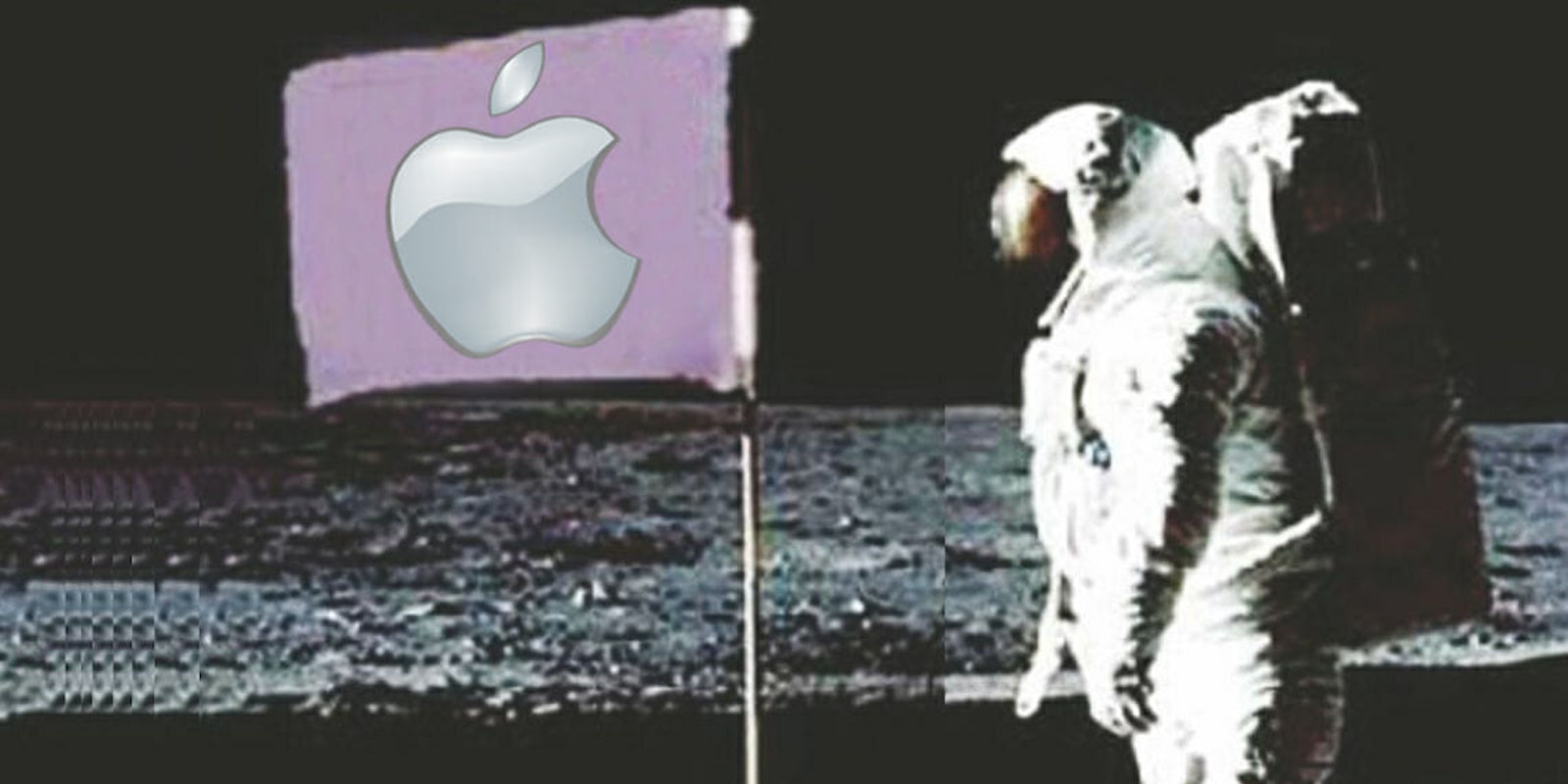Opinion
BY DAVID BLOOM
Tucked into Apple’s many software updates this past week was one interesting addition: a dramatically enhanced, standalone section for music videos, available only through its Apple Music subscription service. It’s like Apple is trying to become the modern-day MTV, with way more choice about what good stuff to watch.
Now, I’m waiting to see if this also becomes where Apple launches a service for, you know, video videos, as it gets ready to out-Netflix Netflix. It’s part of a larger entertainment business trend, moving decisively away from physical products or digital downloads to a streamable future.
Apple’s new music-video section launched with exclusives from such big names as Anderson.Paak, Beck, A Tribe Called Quest, and the Chainsmokers. There’s a “just added” group of ancient videos from classic rock stalwarts Def Leppard, and an artist spotlight on the omnipresent Drake.
The new section also includes video playlists themed around a gratifyingly diverse set of genres and eras (“‘80s New Wave Videos,” “‘00s Video Hits,” “Today’s Country,” “La Formula Videos”). Still another segment includes broad selections of recent videos by major genres (hip-hop, pop, country, and “essential ‘80s”).
That all feels like the best of MTV in its prime, plus successors filling programming holes: Headbangers Ball? Check. Yo! MTV Raps? Check. Everything else contemporary, except country? Check. VH1 oldies? Check. Country Music Television? Check.
Apple’s music video initiative, for all its breadth, almost certainly won’t be as culturally convulsive as the original MTV, which transfixed 1980s teens before slowly sliding into irrelevance under Philippe Dauman’s disastrous Viacom “leadership.” (Apple Music only had about 36 million subscribers at last report, though it’s fast overtaking Spotify in the United States.)
By comparison, back in the early 1990s, MTV was on nearly every cable-TV box in the country. And between then and now, we’ve seen music turned inside out repeatedly, thanks to the internet, Napster, Bit Torrent, YouTube, Vevo, Spotify, and Apple’s own iTunes Store, iPod, and iPhone. As things stand, it’ll be difficult for anyone to transform the business for awhile.
Nonetheless, the new Apple offering comes at a propitious time. The music industry is finally back, kind of, according to the Recording Industry Association of America. Its just-released 2017 figures show a second year of substantive revenue growth, though the organization subtitled its news release “Fragile Recovery Continues.”
All told, revenues grew 16.5 percent to $8.7 billion, 80 percent from digital services. Revenue from the fast-growing paid streaming services such as Apple Music and Spotify shot up 43 percent, to $5.7 billion. Digital downloads, CDs, and most other music sales are down (though lovers of old wax will be unduly excited to hear vinyl record sales hit $395 million last year, that’s still chickenfeed).
“We‘re delighted by the progress so far, but to put the numbers in context, these two years of growth only return the business to 60 percent of its peak size—about where it stood 10 years ago—and that’s ignoring inflation,” said Cary Sherman, the RIAA chairman and CEO, in a letter accompanying the report.
It’s easy to read the Apple music video move as another step in weaning itself and its customers from downloads, long the core of the iTunes Store.
Less clear is whether Apple Music will eventually feature those dozen pricey TV series Apple has commissioned from notables such as Reese Witherspoon and Ron Moore (of Battlestar Galactica fame). Latest word is the shows begin arriving next March. Apple has yet to say where you’ll be able to watch them. As they used to say in TV, stay tuned.
Meanwhile, more competition is coming. Chinese video-streaming service iQiyi debuted this week on Nasdaq, to an initial valuation of $11 billion.
Disney is launching its subscription service next year. The Diffusion Group predicts every other “major” channel will join Disney with a streaming app by 2022. Spotify continues its $17 billion direct public offering process, though it’s gotten out of the original programming business.
And as March comes to an end, though former music exec Lyor Cohen won’t make a self-imposed deadline to roll out the latest Google subscription music service, it’s coming. And Vevo, Google’s partnership with the major labels, already has lots of music videos. I think Google already has, more or less, three other ways to pay for music streams or downloads, but maybe Lyor’s baby will stick in ways the others haven’t.
Also this week, Amazon notified me to retrieve any songs I had uploaded for free playback onto its online music service. Amazon also reminded me about the free music streaming I keep forgetting I have as a Prime subscriber.
It’s safe to say everyone is moving beyond downloads to streaming in the music business. That’s despite market leader Spotify’s prodigious losses last year. As Apple moves to music videos now and video videos later, maybe they just won’t care, as long as you keep subscribing to Apple Music (and maybe Apple Video), and buying those iPhones.
Insights is a weekly series featuring entertainment industry veteran David Bloom. It represents an experiment of sorts in digital-age journalism and audience engagement with a focus on the intersection of entertainment and technology, an area that David has written about and thought about and been part of in various career incarnations for much of the past 25 years. David welcomes your thoughts, perspectives, calumnies, and kudos at david@tubefilter.com, or on Twitter @DavidBloom.


